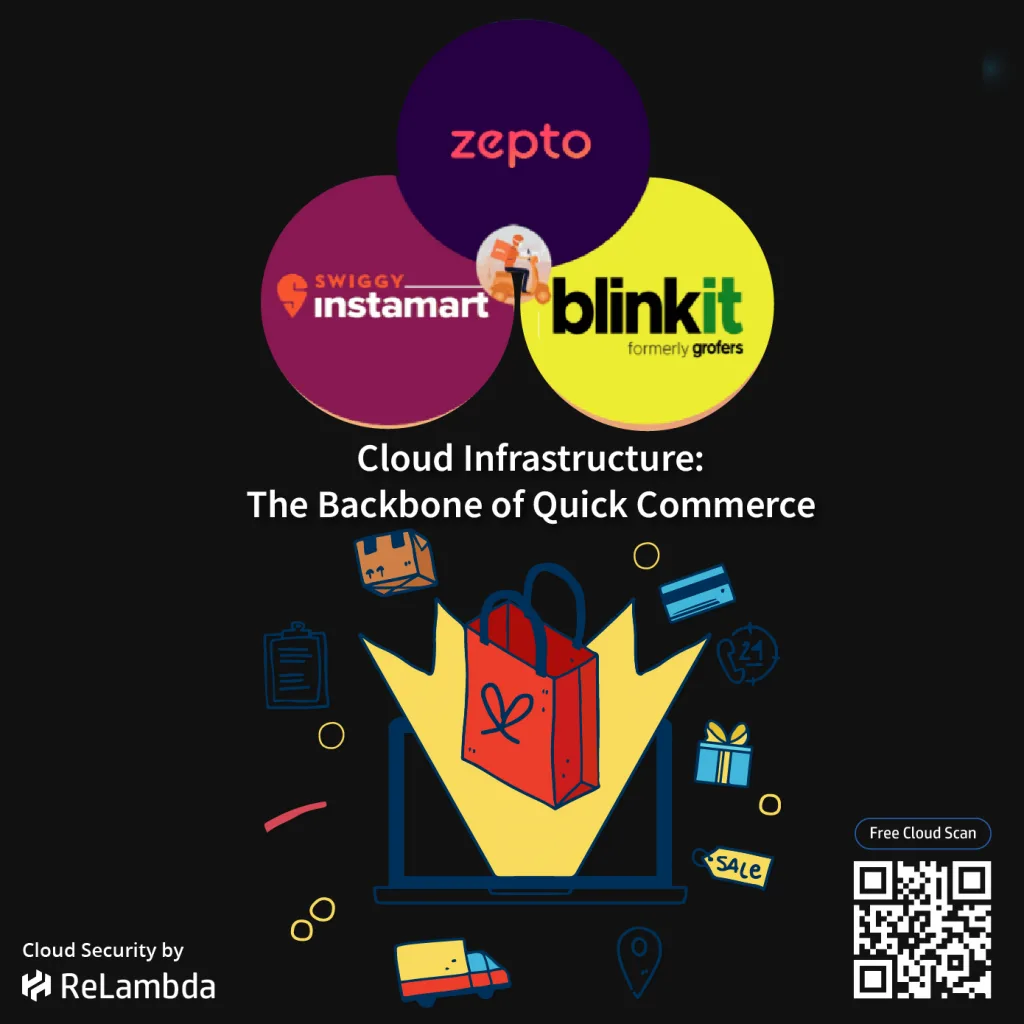The "iPhone Tax" on Ridesharing: A Call for Fair Pricing
A recent controversy has erupted in the ridesharing industry, with allegations that some services are charging iPhone users significantly higher prices for the same trip compared to Android users, particularly those with budget-friendly devices. This “iPhone tax” has sparked outrage among consumers and raised concerns about potential discrimination and unfair pricing practices.
The Need for Transparent and Equitable Pricing
Ridesharing services rely heavily on complex algorithms to determine dynamic pricing based on factors like time of day, demand, and traffic. However, if these algorithms are inadvertently factoring in user device information, it creates a system where certain consumers are systematically charged more, regardless of their actual location or the true cost of the ride. This not only undermines consumer trust but also raises serious questions about fairness and equity.
The Role of AI and Machine Learning in Refining Pricing
To address this issue and ensure fair pricing, ridesharing companies must refine their pricing algorithms using advanced AI and machine learning techniques. Here’s how Google Cloud AI and Azure ML can play a crucial role:
- Bias Detection and Mitigation:
- Google Cloud AI: Leverage tools like AI Platform and Vertex AI to analyze historical ride data and identify any biases in pricing models related to user devices, operating systems, or other potentially discriminatory factors.
- Azure ML: Utilize Azure Machine Learning to train and deploy models that can detect and mitigate bias in real-time, ensuring fair pricing for all users.
- Fairness and Explainability:
- Google Cloud AI: Employ techniques like feature importance analysis and counterfactual reasoning to understand the factors influencing pricing decisions and ensure that these factors are relevant, fair, and justifiable.
- Azure ML: Implement explainable AI (XAI) techniques within the Azure ML platform to provide insights into how pricing decisions are made, allowing for greater transparency and accountability.
- Personalized Pricing with Fairness:
- Google Cloud AI: Develop personalized pricing models that consider individual user preferences and needs while ensuring fairness and avoiding discrimination.
- Azure ML: Utilize reinforcement learning techniques to optimize pricing strategies that maximize revenue while minimizing the impact on different user segments.
- Continuous Monitoring and Improvement:
- Google Cloud AI: Implement continuous monitoring systems that track pricing trends, identify potential biases, and alert developers to any anomalies.
- Azure ML: Leverage Azure Monitor to track key performance indicators (KPIs) related to pricing, fairness, and user satisfaction, enabling data-driven improvements to the pricing algorithms.
By leveraging the power of Google Cloud AI and Azure ML, ridesharing companies can develop more robust, transparent, and equitable pricing models that ensure fair treatment for all users, regardless of their device or socioeconomic background. This will not only enhance consumer trust but also contribute to a more inclusive and equitable transportation ecosystem.
Disclaimer: This blog post is for informational purposes only and does not constitute financial or legal advice.

